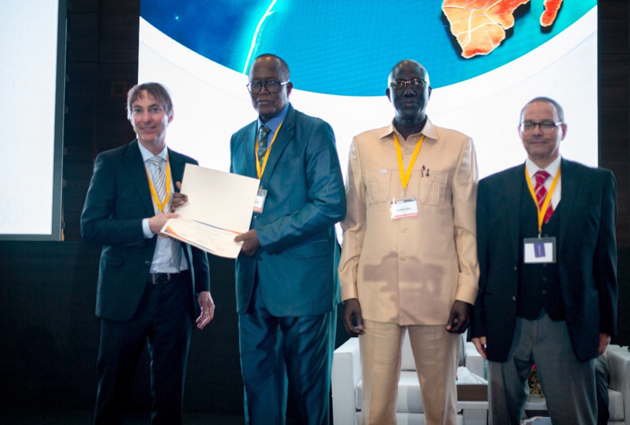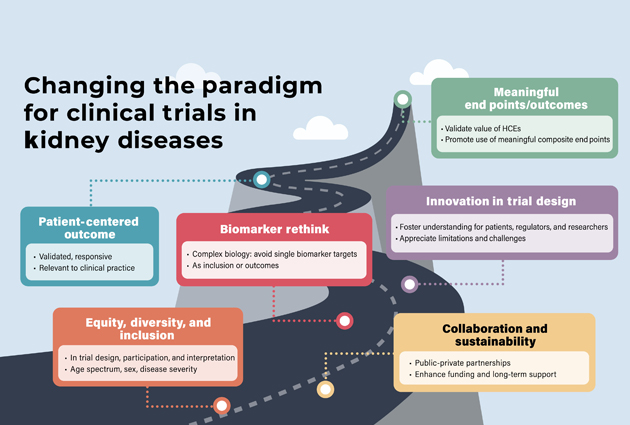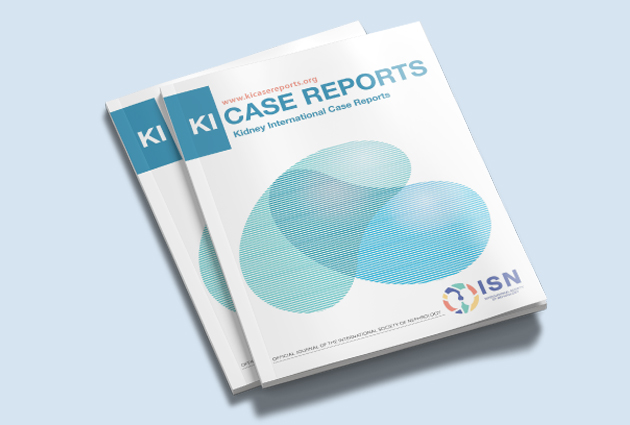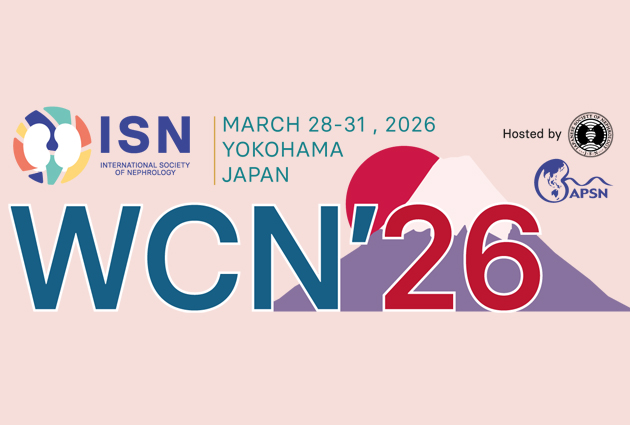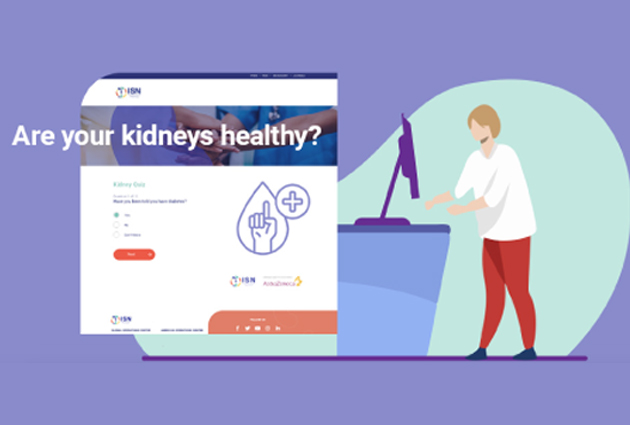Explore the Latest ISN Global Trials Focus Selection, Featuring a “Trial of the Month” on the Phase 2 Trial of Cemdisiran in Adult Patients with IgA Nephropathy
ISN-ACT Global Trials Focus editorial team member Megan Borkum summarizes the design and outcomes of the latest ISN-ACT Global Trials Focus “Trial of the Month.”
The “Trial of the Month” is available in several languages, now including German. Read all global trial selections from the ISN-ACT initiative here. In addition, in the ISN ‘Guide for Everyone‘ series, selected clinical trials are demystified for the layperson.
Cemdisiran for Complement-mediated Inflammation in IgA Nephropathy: A New Therapy?
Phase 2 Trial of Cemdisiran in Adult Patients with IgA Nephropathy: A Randomized Controlled Trial
Barratt, J et al., Clin J Am Soc Nephrol 2024/ Apr 1;19(4):452-462
Summary:
Cemdisiran is a small interfering RNA molecule that blocks terminal complement pathway activation and consequent inflammation and tissue injury by suppressing C5 production in the liver. This phase 2, 36-week, double-blind study compared cemdisiran (600mg administered subcutaneously every 4 weeks) to placebo in biopsy-proven primary IgA nephropathy (IgAN). 31 adult participants on a stable dose of renin-angiotensin system inhibitor therapy (ACEi or ARB for >3 months), with no recent steroids or other immunosuppression, an eGFR ³30ml/min/1.73m2 and proteinuria ≥1 g/day, were randomized in a 2:1 ratio (cemdisiran, n= 22 vs. placebo, n = 9). Both arms (cemdisiran vs. placebo) were similar in terms of baseline demographics and disease characteristics, including comparable mean age (41 vs 38 years), median eGFR (68 vs. 47ml/min/1.73m2), mean 24-hour urinary protein to creatinine ratio (UPCR) (2.0 vs. 1.6g/g) and MEST-C score.
Most patients were male and Asian. Blood pressure was well controlled between the treatment groups. At the end of week 32, the primary endpoint of the change from baseline in 24-hour UPCR in cemdisiran-treated participants compared with placebo was a mean reduction of 37.4% (90% CI: –61.0, 0.5). The change from baseline to week 32 in 24-hour urine total protein, a secondary endpoint, was a mean reduction of 36.2% (90% CI: –61.6, 6.0). Further, 22.7% of those treated with cemdisiran (vs. 0% with placebo) achieved ≥50% reduction in 24-hour urine protein at week 32. Spot urine data were also consistent with 24-hour UPCR data, which showed an initial treatment effect emerging at week 8 that was sustained over time. This preceded a reduction in serum C5 level that started at week 4 (which suggests a reduction in the glomerular complement activation).
The drug had an acceptable safety profile, including a lack of infections with encapsulated organisms. Adverse events in the cemdisiran arm included injection-site reactions (41% vs. 22% in placebo), which were mostly mild and transient, and mild non-therapy-related peripheral edema (14% vs 11% in placebo). No adverse events led to treatment or study discontinuation.
Commentary:
IgAN remains the most common cause of primary glomerular disease worldwide. New developments in the understanding of the pathogenesis of IgAN have resulted in multiple clinical trials targeting disease-specific pathways to prevent kidney failure while minimizing systemic side effects of therapies.
This multi-pronged treatment approach includes reducing pathogenic IgA production, mitigating the consequences of ongoing nephron loss, timely reduction of glomerular inflammation, and stopping pro-fibrotic signals. No single drug can achieve all these goals; however, the available therapeutic strategies are rapidly evolving.
These promising data support further evaluation of cemdisiran as a potential complement pathway inhibitor reducing inflammation in IgAN. However, limitations of this study include the small number of participants and short treatment duration, which should be considered when interpreting safety data and efficacy endpoints. It is unclear if a phase III study of cemdisiran in IgAN is planned.


